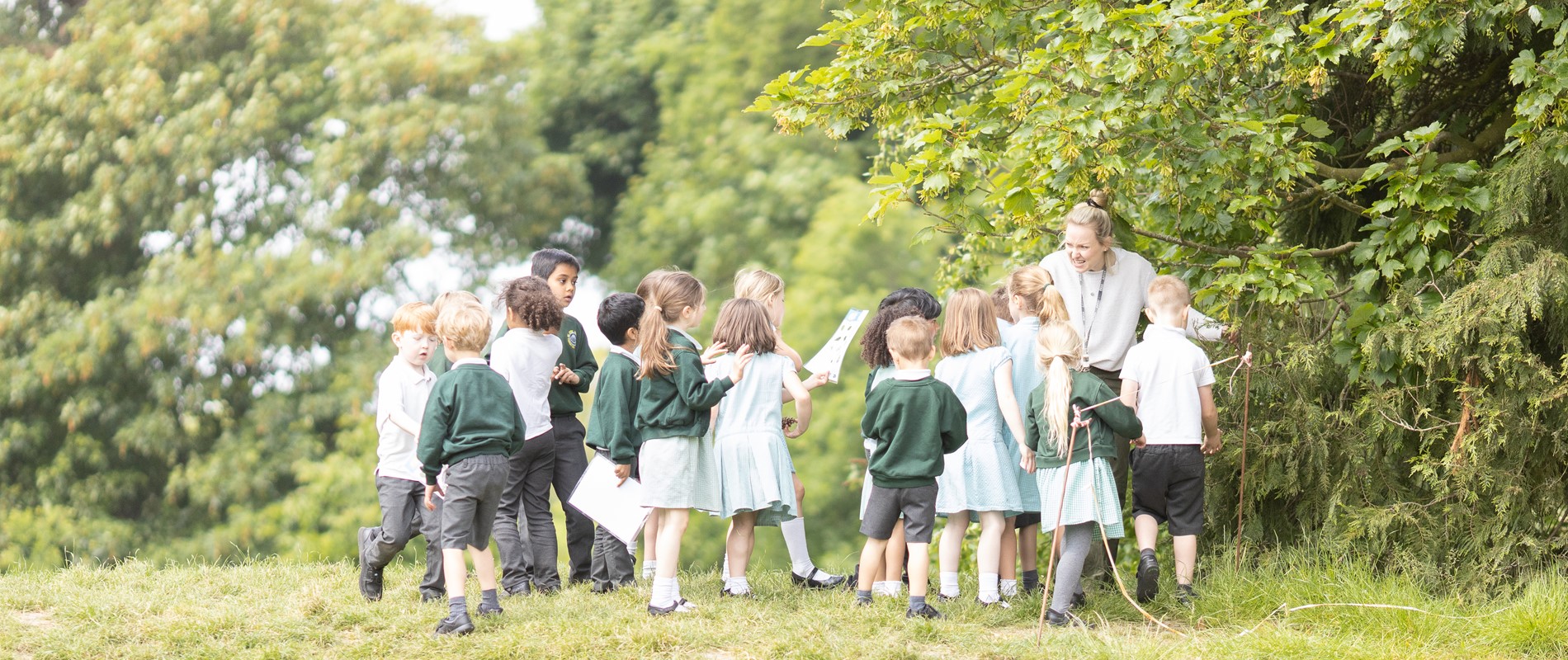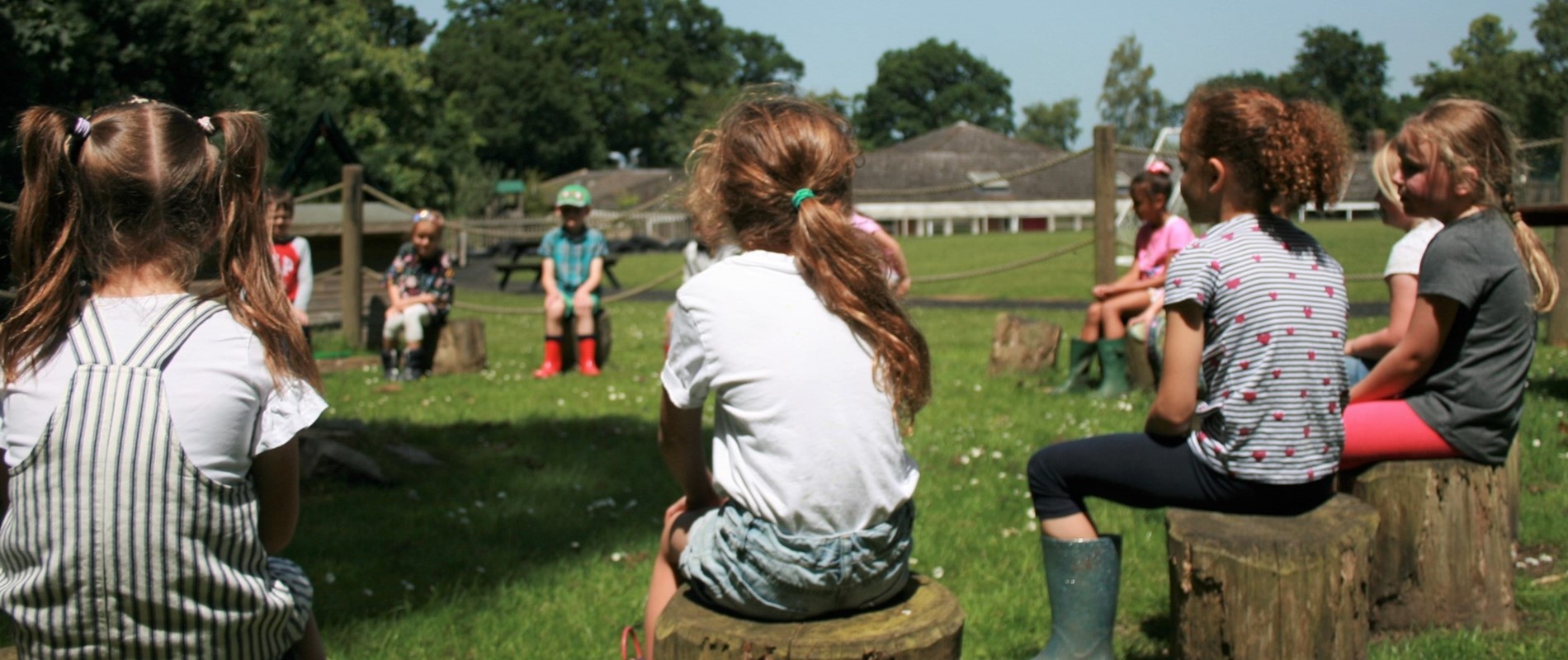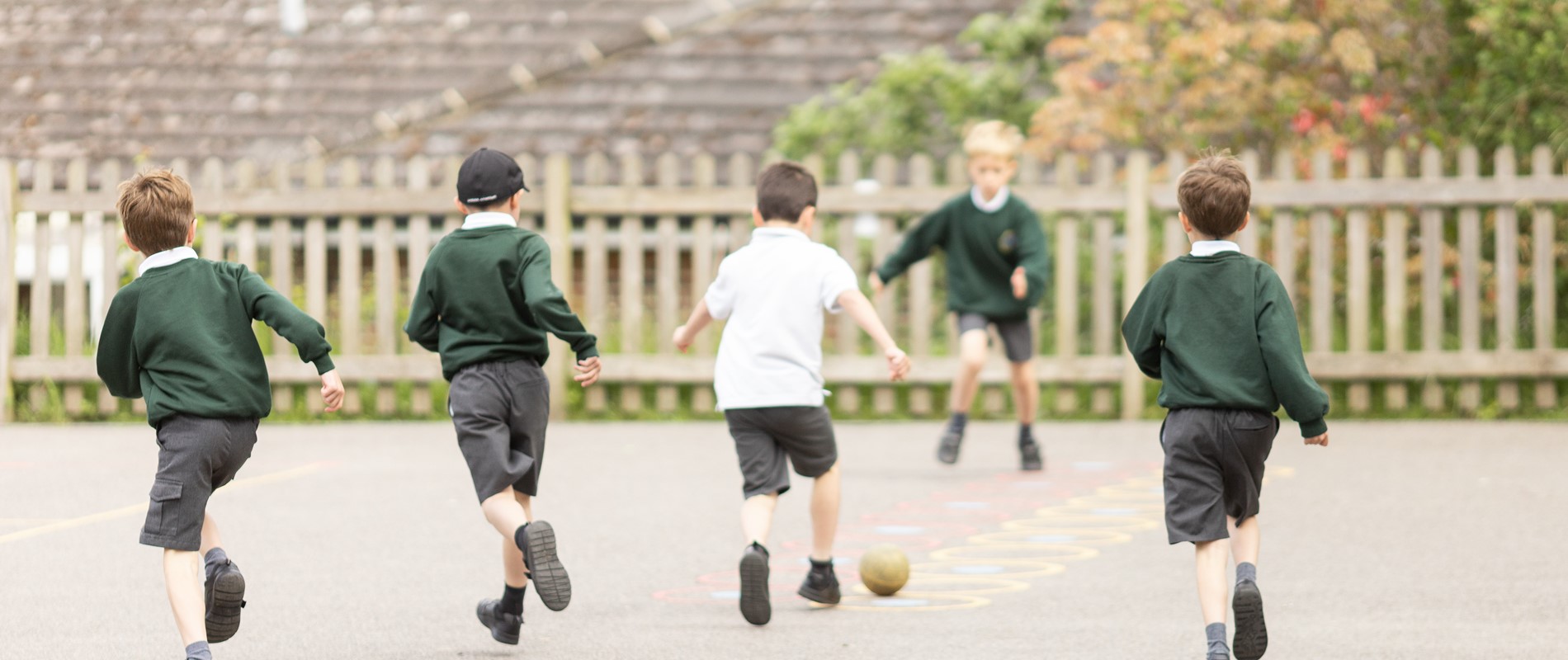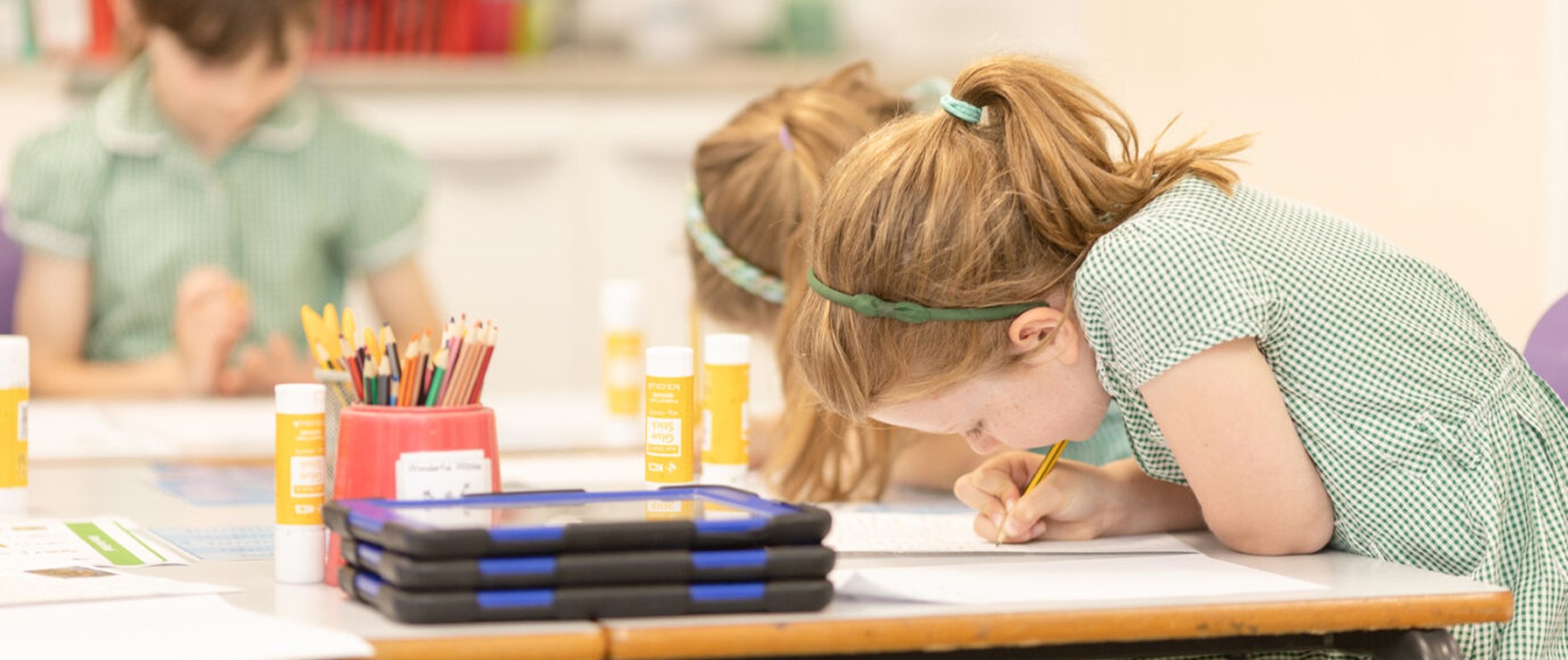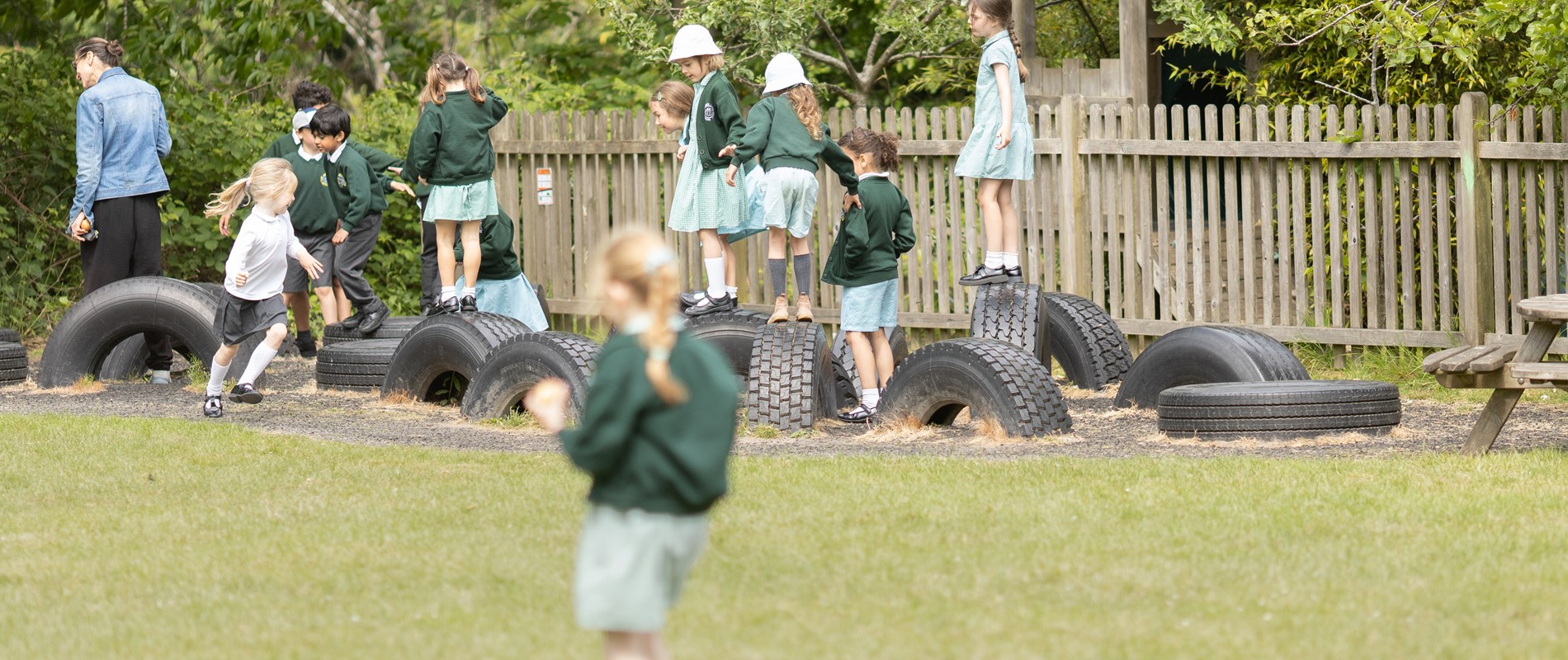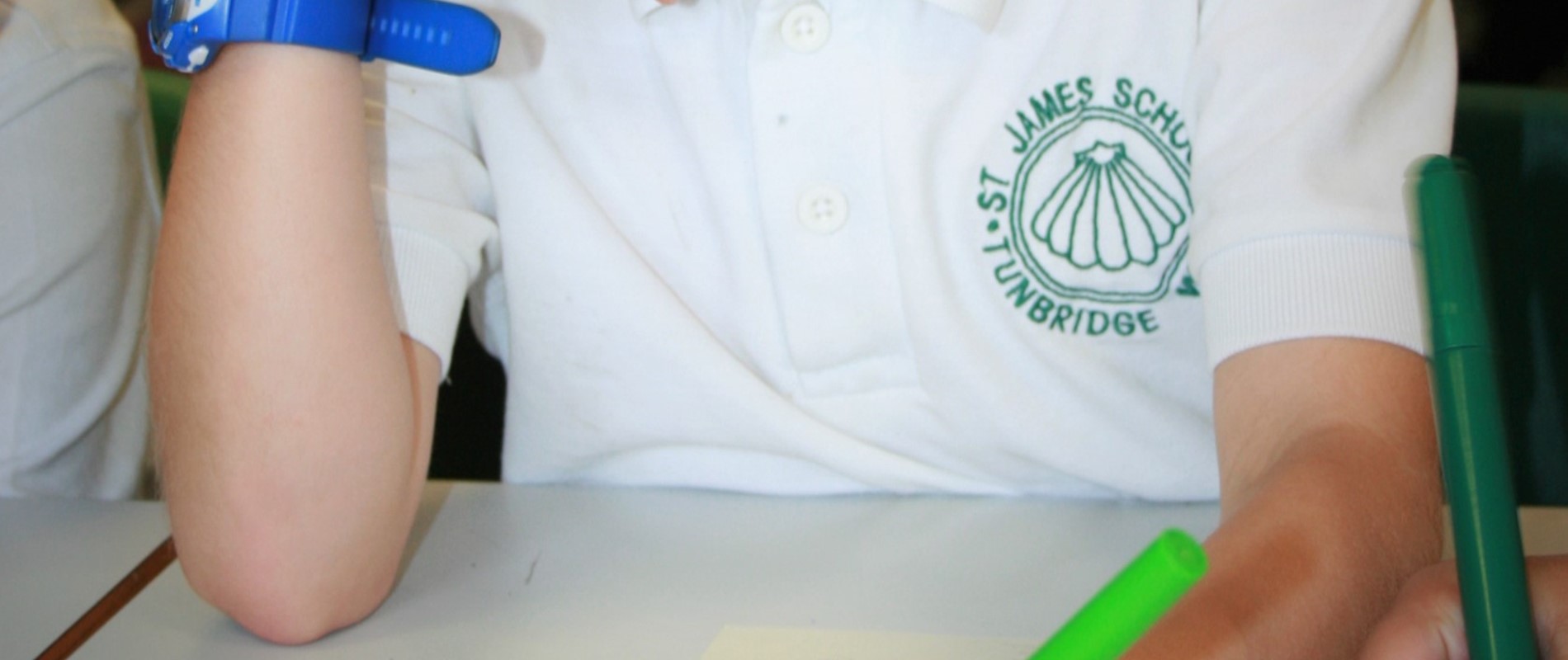FAQs
FAQs
When will the children start school?
Children start school in the September following their fourth birthday. Term dates for each academic year are available and updated within the 'Parents' section on the school home page for each academic year.
What is the transition process?
The ‘typical’ transition process for St James’ is as follows:
- Pre-school and Nursery contact
-
- Once we know which pre-schools children currently attend, we start to contact and visit them. This is to support class allocation and to find out more about each child from their current setting. Paperwork is often passed across either directly from the Pre-School or via the parents, showing current assessment information.
- Parent information evening (parents only).
-
- This is towards the end of June and is to provide information about the school routines and class lists, as well as an opportunity to meet staff and visit classrooms.
- Stay and Play
-
- There are usually two ‘stay and play’ sessions, one in July and the second before they start school in September. Children attend both sessions along with their parents. This is to support the child's confidence as part of the settling in process. They are one hour each and allow the children the opportunity to meet their class teacher and to explore their new environment.
- Home Visits
-
- During the first week of term, staff from each class arrange home visits. These visits are an opportunity for children to meet and remember their class adults in an environment that is familiar to them. It is a good time to go through any last minute questions and to discuss any worries or concerns. They are not compulsory but are a nice way for children to spend a little more time with us in their own space and to help develop their relationship with us.
- Part Time
-
- Children start school on a part time basis. Each class is split into 2 groups of 15, with one group attending each morning and the other attending each afternoon. This is only for a short period and allows the staff time to develop strong relationships with each child and to find out more about them individually, whilst keeping the environment quiet and calm for the children. It helps the child establish routines within a smaller group before the class merge together as a group of 30.
- Full Time
-
- After a brief settling in period, all children will attend school full time in their full class of 30.
How are classes organised?
At St James’ we have 3 classes each with 30 children. When places are accepted, parents receive paperwork from the school. Part of this paperwork is a form identifying which pre-school or nursery your child currently attends. This is the only way this information is passed to the school and is vital to the transition process. Once this information is gathered we start to contact pre-schools to find out more about friendships and individual children. Where there are a number of children from one pre-school, we will split these children across classes based on information provided by the setting. This ensures all children have opportunities to develop new friendships but keeping some familiar peers where possible. We also balance the number of children from different groups within each class – gender, DOB, individual needs etc. This process takes a number of weeks and is primarily based on the information provided by current settings and the sessions children attend (as gathered from the parental paperwork).
How do we find out more information?
More information will be provided at the New Entrant meeting which is held on one evening in June, along with allocation of your child's class.
What can we do to help prepare our child?
Pre-schools help to support children with their transitions to school, so please do let your current pre-school or nursery know that your child will be attending St James to help with this process. Please have regular conversations with your child about starting school. Allow them to share any worries and ask any questions about the process. Explain that they will be able to meet the adults before they start and that is it ok to feel uncertain. Our main priority is the wellbeing of the children; we are not expecting parents to feel they need to ‘pre-teach’ any particular skills. We will be adjusting our planning and environment to suit the needs of the children based on our initial assessments in September.
Key things to continue to practise are: independent toileting, use of cutlery when eating and dressing and undressing independently. Opportunities to talk and share stories will also be beneficial.
We have concerns we would like to pass on. Who do we need to contact?
In the first instance, you may contact the school office by email or by calling the school. The office staff will be able to answer most questions. If there is something to discuss further, your message will either be passed to Mrs Coward (Early Years Phase Lead) or Mr John Tutt (Headteacher).
How do we order uniform?
All uniform can be ordered direct from www.price-buckland.co.uk. Please see the 'School Uniform' page under the 'Parents' tab for more information.
Can we visit the school?
Parent tours are conducted throughout the year and are mainly lead by Mr John Tutt (headteacher) but can also be carried out by other members of the Senior Leadership Team. Please contact the school office for dates of any upcoming parent tours.
How will we receive information?
As decisions are made and plans are finalised, we will contact all new entrant families using the email addresses provided upon application. Information may also be published on the school website (https://st-james.kent.sch.uk). We will make contact towards the end of June.
How can I help my child prepare for school?
We have put a video on the 'New Entrant Information' page to support transition and will upload transition booklets as soon as classes have been allocated. You can share these with your child and talk through what will happen when they start school. If your child is worried, it is best to have lots of positive conversations about school with them. Try talking about what they would like to play with, who they may see at school and remind them that they will always be collected at the end of the session. They may struggle to vocalise their worries, so playing with figures and acting out being 'at school' may help them to process and identify their anxieties.
